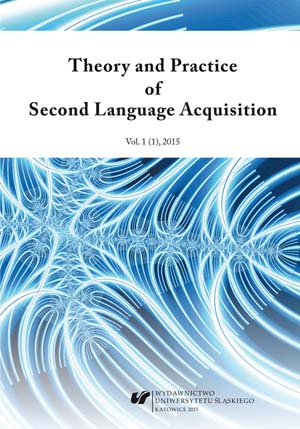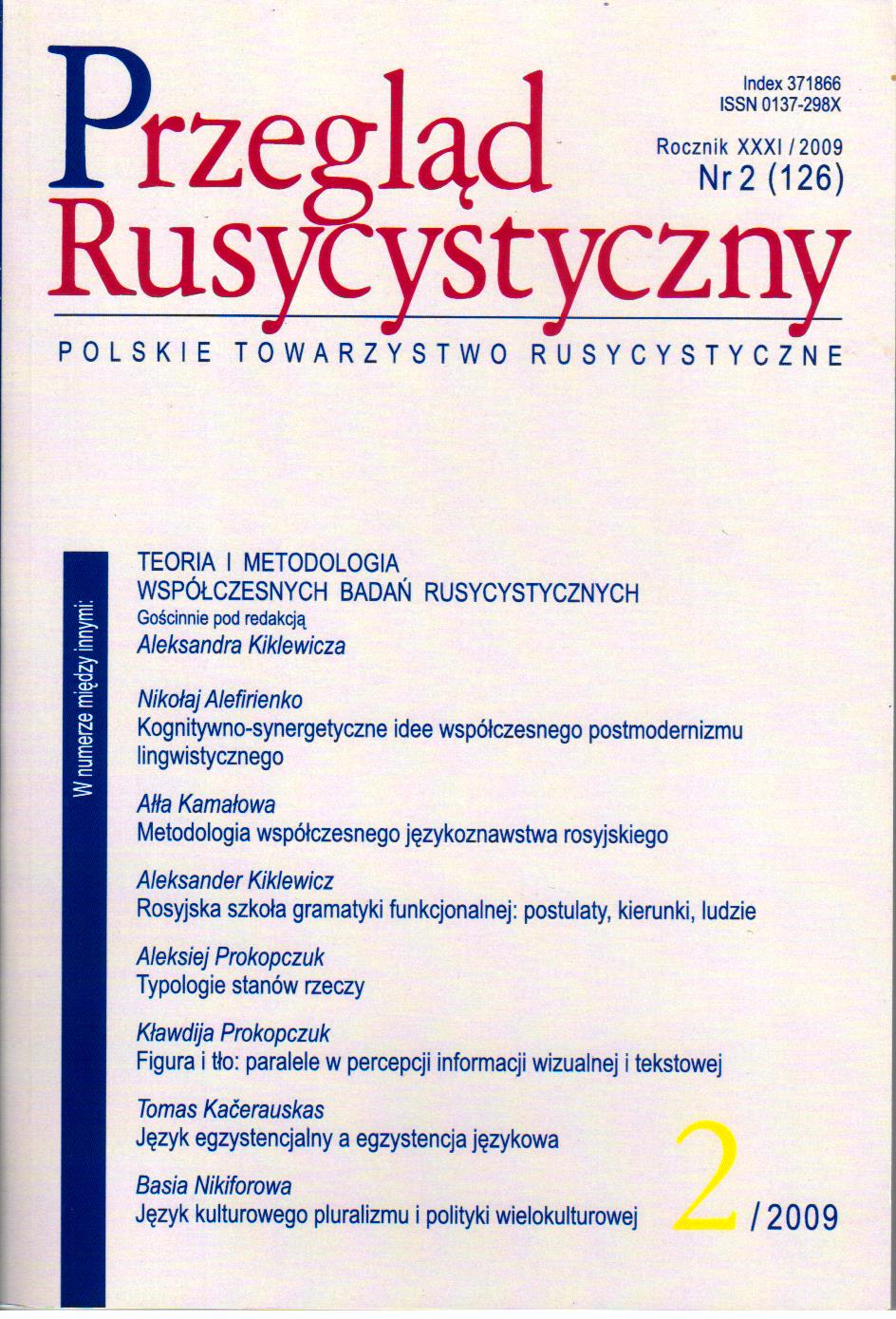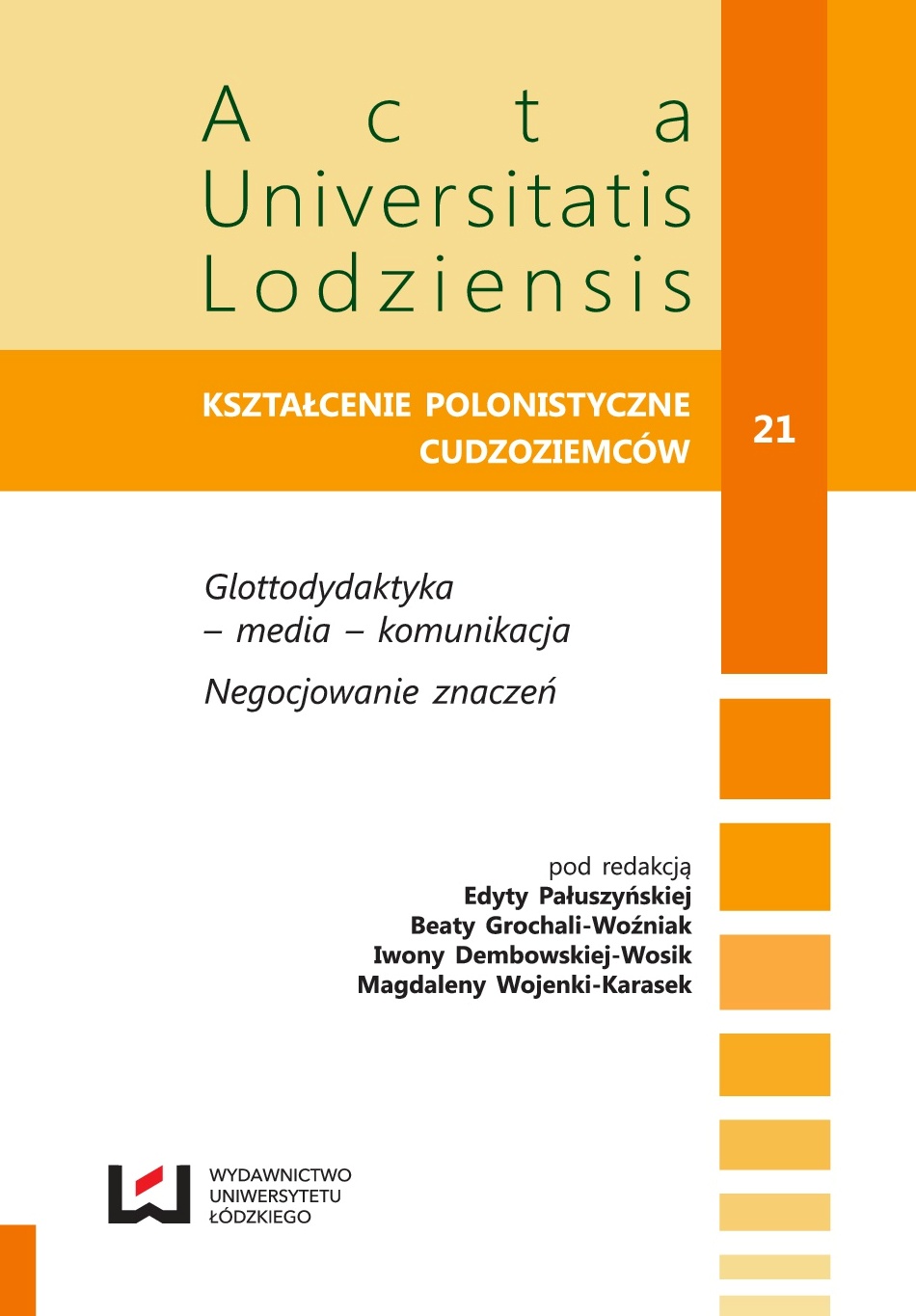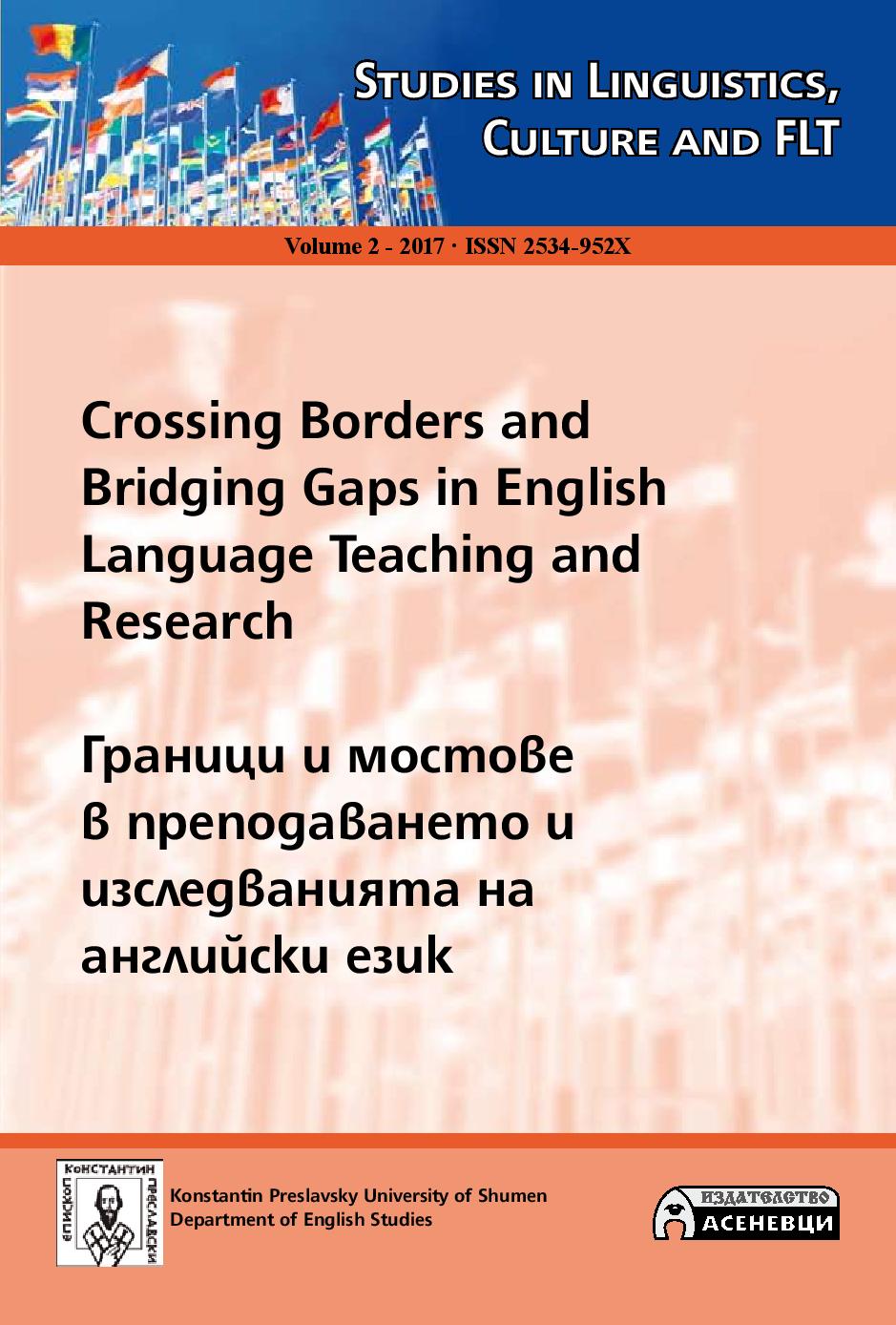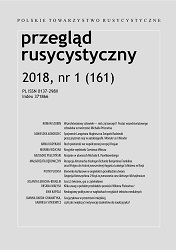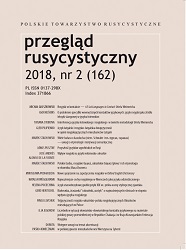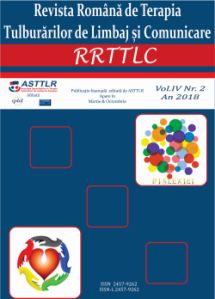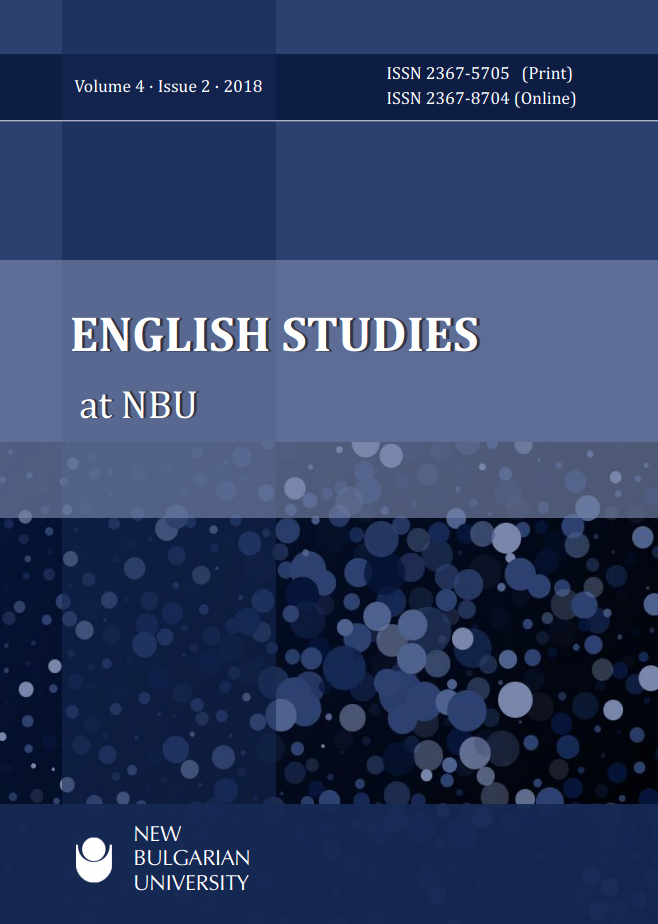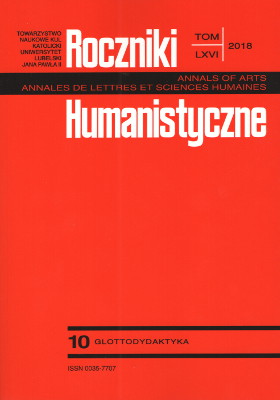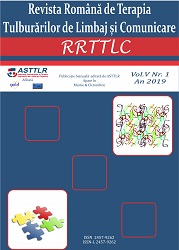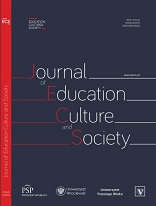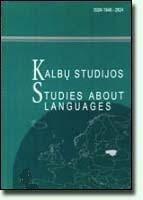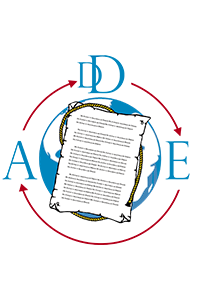Author(s): Mustafa Ulutaş,Mehmet Kara / Language(s): Turkish
Issue: 2/2019
Nowadays, the first quarter of the 21st century, the teaching of Turkish as a foreign language is mostly carried out by Turkish Teaching Centers, which are established within the universities and their numbers are increasing every day. These centers carry out the language teaching process through the books they prepared or obtained from other centers. The books used in the area of teaching Turkish as a foreign language should be prepared within a certain curriculum. Unfortunately, it is known that only a few of the existing Turkish Teaching Centers have developed their own curriculums by using the common framework. Curriculum acquisitions should ensure that language learners exhibit certain skills from the lowest to the highest. One of the most important sources that can be used to sort and classify the acquisitions from the simplest to the highest cognitive level is the Bloom Taxonomy. “Recall, comprehension, implementation, analysis, evaluation, creation” steps of this taxonomy, revised by Anderson and Krathwohl is considered important to express the acquisitions according to certain cognitive processes and to make the curriculum more functional. In this study, it is aimed to examine the reading acquisitions in Turkish curriculum as foreign language according to the revised Bloom Taxonomy. For this purpose, the reading acquisitions of Ankara University and Gazi University Turkish Teaching Center’s Turkish curriculum were examined by taking into account the cognitive processes of taxonomy. Based on the data obtained: It is seen that the reading acquisitions in the Turkish Language Curriculum as a Foreign Language of Ankara University indicate 6 cognitive process steps 91 times; and the reading acquisitions in the Turkish Language Curriculum as a Foreign Language of Gazi University indicate the same cognitive process steps 112 times in total. It was found that basic cognitive skills (remembering, understanding, implementation) had a weight of 72.53% in Ankara University curriculum; and in Gazi University curriculum, they had a weight of 69.64%. While both curriculums do not include reading acquisition for the level of creation, the percentage of high-level cognitive skills (analysis, evaluation, creation) is determined as 27.47% in the Ankara University curriculum; and in the Gazi University curriculum, it was determined as 30.36%.
More...
